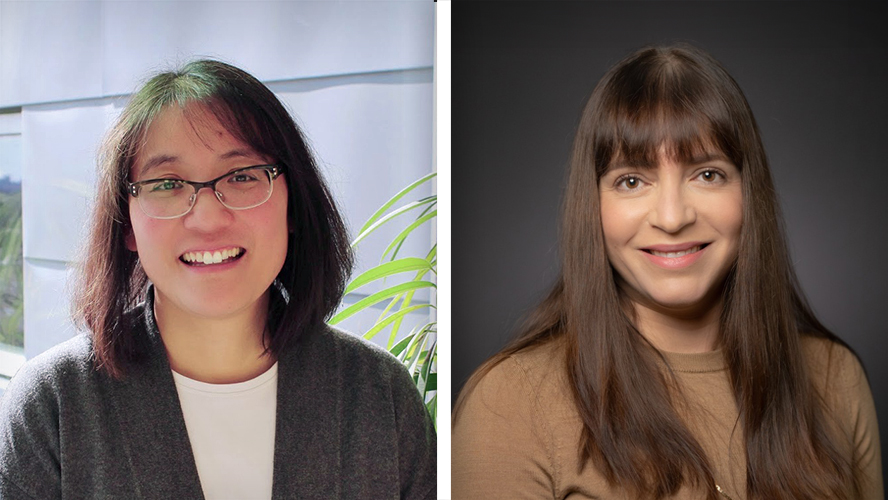
A study led by a Senior Scientist at The Institute for Education Research (TIER) at UHN reveals that physicians refine their communication skills through hidden learning approaches formed when navigating communication challenges – ultimately, to ensure the best care for their patients.
Expert physicians are UHNITED on a lifelong journey of learning. They continually strive to build and improve their skills and knowledge to get better at what they do.
Dr. Maria Mylopoulos, TIER Senior Scientist and senior author of the study, set out to understand how some physicians actively engage in continuous learning in the workplace.
“Especially in patient-facing settings, when challenging health conversations require sensitivity and empathy, effective communication skills are critical,” states Dr. Mylopoulos.
“However, physicians rarely seek formal classes to enhance their communication skills,” adds Dr. Mylopoulos, who is also associate professor in the Department of Pediatrics and the Institute of Health Policy, Management and Evaluation at the University of Toronto (U of T).

Over two years, researchers observed and interviewed physicians as they interacted with patients and families. The researchers found that the physicians navigated challenging conversations and refined their communication skills by monitoring patient cues and responses, taking risks to try new approaches, and adapting to what worked and what didn’t.
These strategies, known as “habits of inquiry,” are approaches individuals would use to manage challenges in the workplace and help them continuously refine their knowledge and skills.
“These results prompt us to consider how we can continue to nurture these habits of inquiry and create workplace environments that better support the learning of our physicians and improve patient experience and care,” concludes study first author Dr. Anne Kawamura, a PhD student at the Wilson Centre in Toronto General Hospital and an associate professor in the Department of Pediatrics at U of T.
This study was supported by generous donors to UHN Foundation.

No one ever changed the world on their own but when the bright minds at UHN work together with donors we can redefine the world of health care together.
